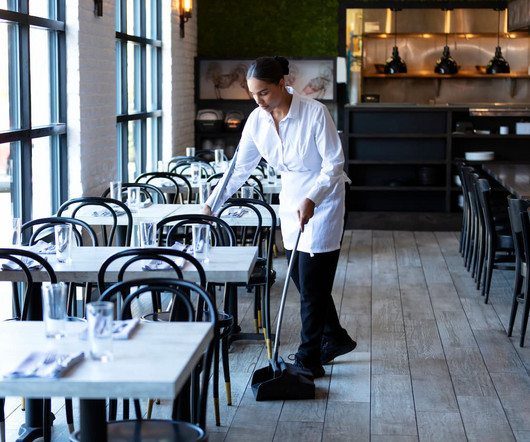Organic Waste Recycling for Foodservice: What You Need To Know
Sustainability Beyond the Plate
JANUARY 26, 2017
Until 2016, commercial organic recycling was limited to the dedicated few. If you produce 4 cubic yards* (the size of a standard commercial bin, not the smaller ‘cart’) or more of organic waste per week, you must separate and recycle that waste. Composting can be considered a form of recycling.














Let's personalize your content